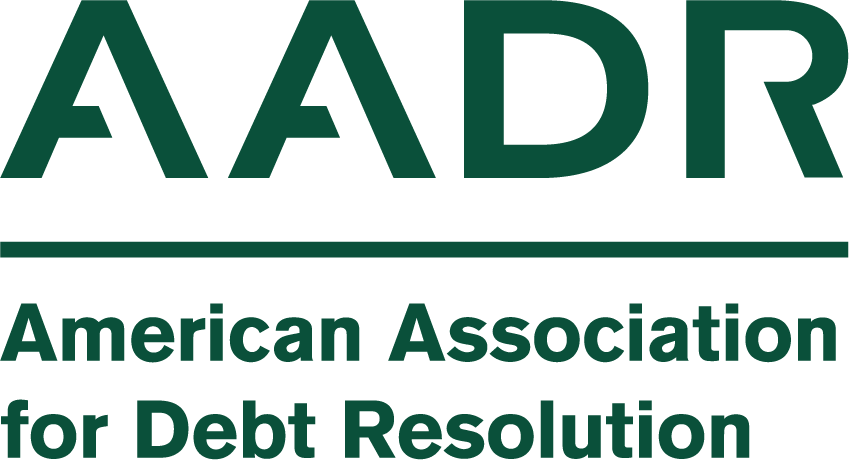American families are struggling with debt, but did you know when that debt gets forgiven, the Internal Revenue Service treats it like extra income?
In a new opinion piece in Fortune, AADR CEO Denise Dunckel Morse explains why this levy is unjust, and what the AADR is doing to convince members of Congress to change the tax code.
“As far as the federal government is concerned, resolving debt is the same as getting a bonus or winning the lottery. Eliminating debt is freeing, but it is certainly not the same as winning the jackpot,” Dunckel Morse says. “At a time when credit card interest rates have soared past 22%, credit card delinquencies are rising, and 41% of Americans hold medical or dental debt, this provision is unconscionable.”
Some organizations have provided calculations that demonstrate the significant burden this part of the tax code places on struggling borrowers. According to The Urban Institute, canceling $10,000 in debt would cost a taxpayer earning less than $122,000 about $2,400. Forgiving $50,000 in debt would cost a taxpayer $6,160.
The American Association for Debt Resolution (AADR) believes Congress should evaluate changing current law so that families struggling with debt are not hit with an unforeseen tax once they find financial freedom. That’s why we have requested that Congress’s Joint Committee on Taxation (JCT) tally exactly how much relief would come from eliminating this reporting requirement.
Want to learn more?
If you are a subscriber, you can read the full op-ed here.



